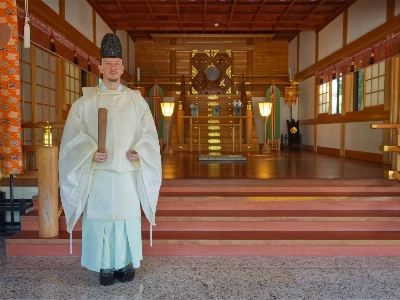Should it be assumed that the mere potential to use the term "gaijin" negatively is enough to ban it? I have been called "gaijin" by numerous people, including classmates and friends from Waseda University where I studied, my former home stay parents, my significant other and my significant other's parents (all native Japanese). In no instance was the term meant negatively and in no instance was I ever excluded.
Even if I were offended by such a label, should another person be forced to change his or her speaking habits? And am I forced to listen? If I don't like the term, it is not a difficult thing to avert my eyes or cover my ears. Free speech is a fundamental right; the right not to be offended is not.
Unlike other terms such as "n--ger," which labeled groups of people who were stripped of their rights, "gaijin" can be negative, positive or neutral, depending on context. To be called a "gaijin," and to be denied rights and liberties because one is a "gaijin," are not one and the same.
If I walk up to Arudou and call him a "gaijin," does that make me a racist? To me, he is a "gaijin" as much as I am, because he was not born and raised in Japan. That it is possible to identify different criteria for being a "gaijin" effectively makes Arudou's claim that it is "factually" incorrect to call him a "gaijin" subjective.
At http://www.debito.org/kumegaijinissue.html, Arudou states: "And if you don't want to fight for your rights, get out of our way." I, and most likely many others, will probably continue to use the word "gaijin." Is seeking to have the word "gaijin" banned a "fight for your rights"? If the goal is inclusion and equal treatment, this is possible even if one is called a "gaijin."


















With your current subscription plan you can comment on stories. However, before writing your first comment, please create a display name in the Profile section of your subscriber account page.